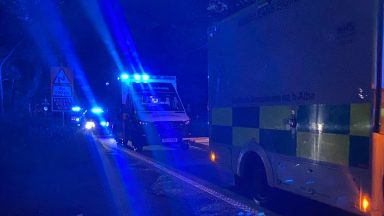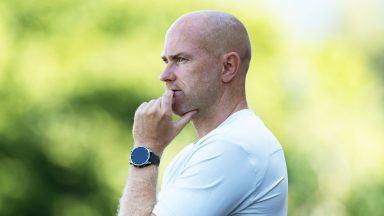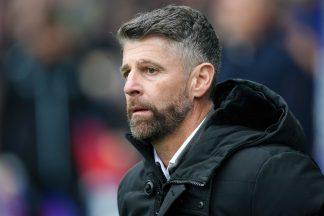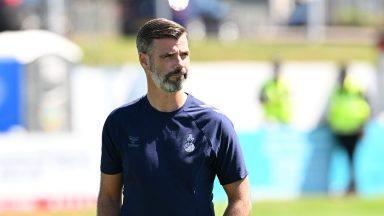The Scotland women’s national team have withdrawn their legal action against the Scottish Football Association after an agreement was reached on equality and pay for players.
Scotland Women’s national team captain Rachel Corsie was the lead claimant in the employment tribunal case as players sought a contract with the governing body to ensure equal pay and treatment compared to their male counterparts on issues such as training facilities, hotels, travel, kit plus medical and nutritional resources.
The players had said that they were taking action to gain parity “after years of iniquity, disrespect and in some cases abuse” but have now halted the legal action after discussions with the SFA.
A joint statement from the association and team said that the players and governing body were pleased that matter had been resolved without the need for the tribunal.
Both parties said they were looking forward to “focusing our collective efforts on qualification for UEFA Euro 2025, continuing to accelerate the growth of the girls’ and women’s game, and inspiring the nation”.
Ian Maxwell, Scottish FA chief executive said: “The growth of women’s football is one of the Scottish FA’s highest strategic priorities. We have reiterated our commitment to equality – specifically with regard to commercial appearances, prize money distribution and resources.
“We must now look forward with a shared goal: to return to major tournaments; working together to bring success on the field that will in turn encourage broadcasters and rights holders to do more to bridge the value gap that remains the biggest obstacle on the journey to equality within the women’s game globally.”
Scotland captain Rachel Corsie added: “I am glad that we have been able to find a resolution, avoiding the need for a tribunal. The legal route is one that nobody wanted to undertake but positive discussions have taken place during the intervening period with mutual respect, understanding and cooperation.
“As captain, I believe we have a responsibility to push for the highest standards on and off the field. The Scottish FA has made significant inroads in this regard and together we are on an evolutionary journey. We are proud to have parity, not just for the current generation but more significantly for future generations of players.”
While players aren’t specifically paid to play for their country as salaried employees, funds are paid into a ‘player appearance pot’ and shared from there.
The legal challenge aims to ensure that there is a fairer share from sponsorship and commercial deals put in to the women’s teams.
Senior players Caroline Weir and Erin Cuthbert spoke last year out about the existing arrangements and the need for lasting change.
“For so many years we’ve felt an after-thought, and whilst we have seen growth it’s come as a result of driving our own change,” said Real Madrid player Weir.
“Payments from sponsorship deals overwhelmingly go to the men’s game, and to male players.
“In our current society, this is one example of the outdated prejudice towards one group of players.
“The national team should be one unified organisation that backs both the SMNT and SWNT.
“It should be an elite and high-performing environment that ensures both teams can build success.
“If shared out equally, there would be a dramatic increase in funding for women’s and girls’ football at all levels that would be transformative.”
Chelsea attacker Cuthbert said: “This campaign must be the start of an irreversible turning point to forever change our national game, and the way women players are treated.
“It’s about advancing and achieving equality in Scottish football.”
Follow STV News on WhatsApp
Scan the QR code on your mobile device for all the latest news from around the country


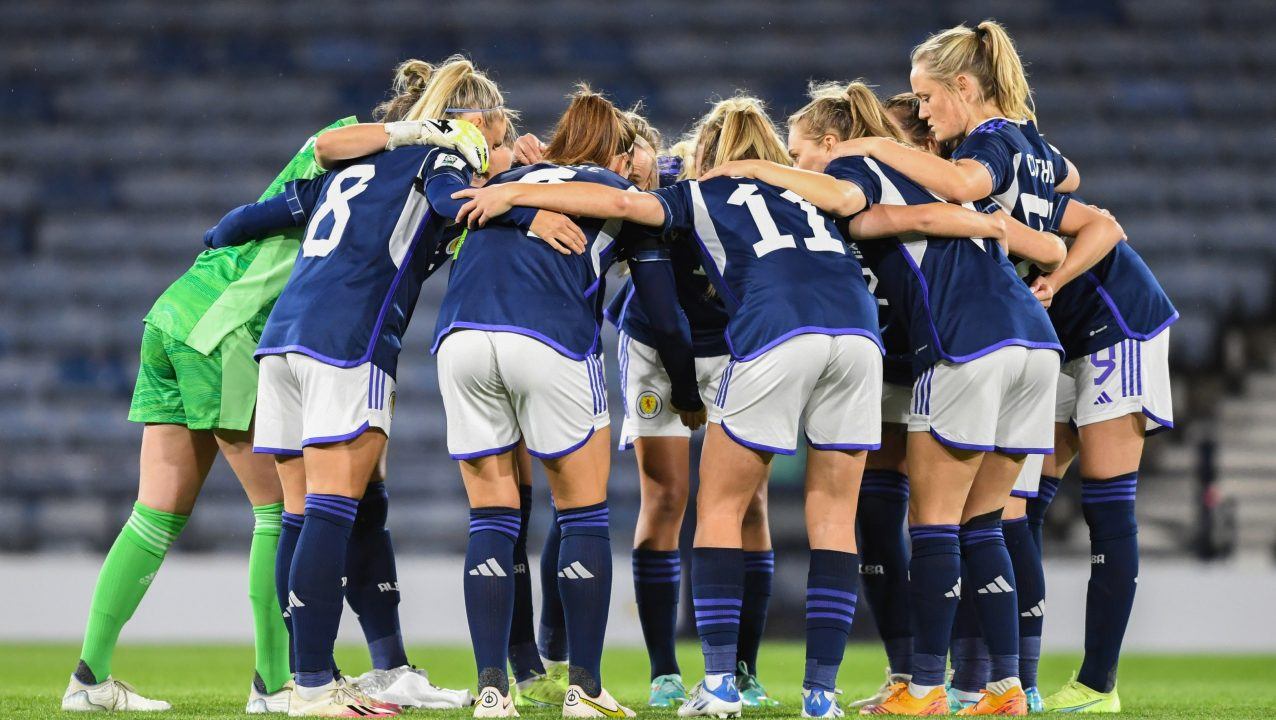 SNS Group
SNS Group
